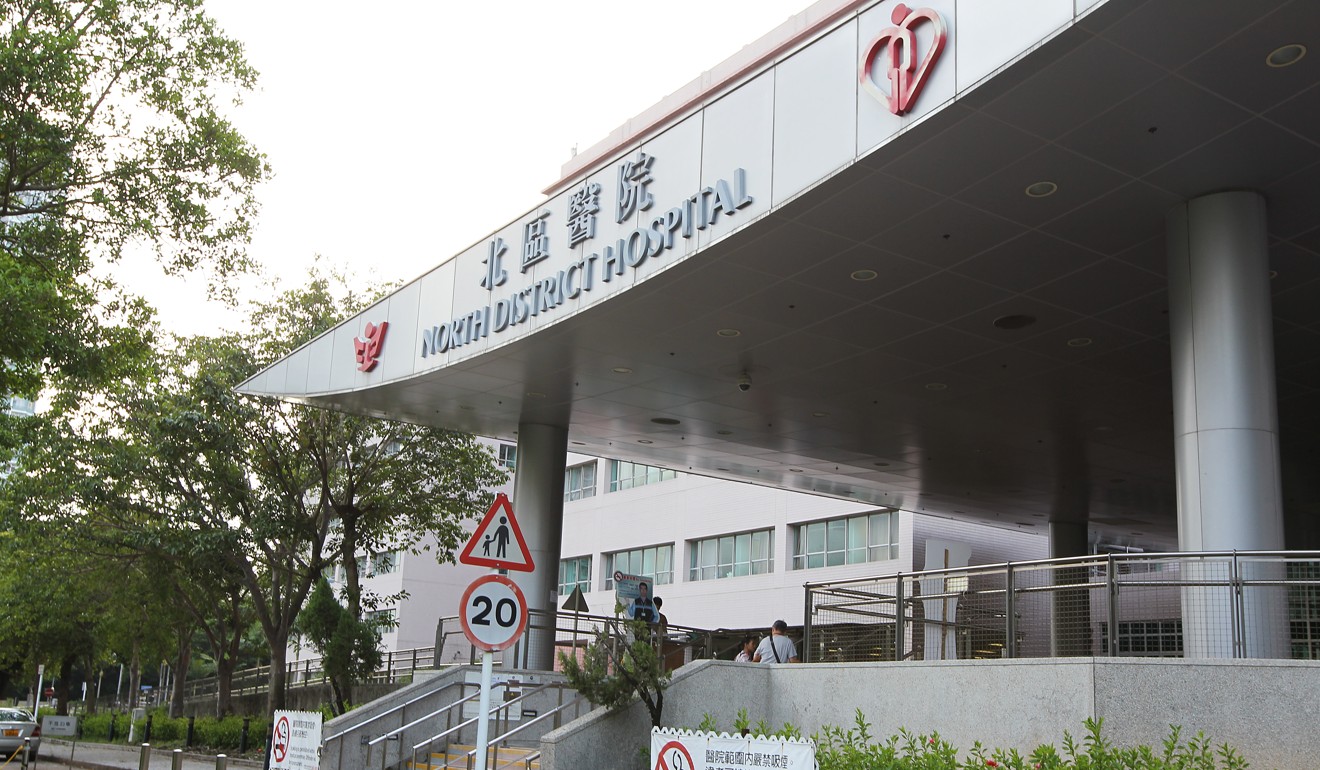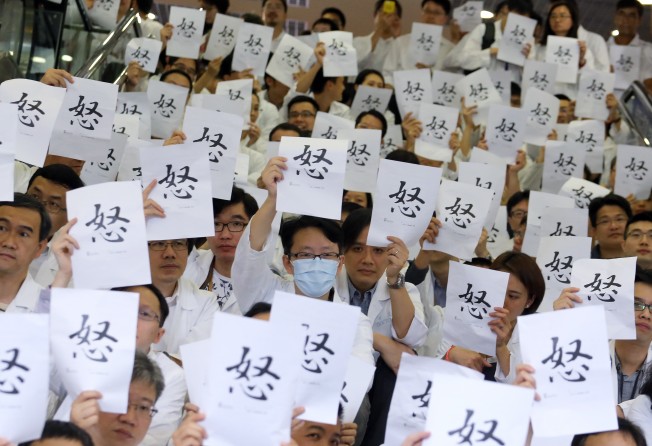
How Hong Kong public hospitals are leaving senior doctors out in the cold

It is indisputable that there is a chronic shortage of doctors in hospitals managed by the Hospital Authority. Obviously, this perennial problem has not been tackled successfully by the authority. So three fully equipped hospitals, namely North Lantau Hospital, Hong Kong Children’s Hospital and Tin Shui Wai Hospital, are yet to be fully functional. One ludicrous, unfathomable reason for such a shortage is that the human resources policy of the Hospital Authority is not conducive to the retention of long-serving, experienced staff.
The Department of Cardiothoracic Surgery of Queen Elizabeth Hospital recently appointed two consultants. The four eligible candidates had qualified in 1990, 1991, 1996 and 2001. The promotion of the two more junior doctors is a vivid illustration of such a policy. The two more senior ones have each put in around 30 years of dedicated public service. They are the victims of an extremely flawed recruitment process that has totally disregarded their contribution to the welfare of the people of Hong Kong. They could choose to leave the Hospital Authority and the patients who depend on them after such shabby treatment.
It is extremely pathetic when a doctor in his 50s feels compelled to start a new career in private practice, despite his honourable intention to serving the less privileged.
The senior doctor who has been passed over for promotion might be stigmatised because his competence has been questioned and judged to be less than that of a colleague who is some 10 years his junior. He may have to deal with the embarrassment of assuming a subordinate role to the new consultant if he chooses to stay in public service. This would undermine the harmony within the department and impede its smooth running. Yet, it is a recurrent practice in the Hospital Authority to leapfrog senior colleagues for promotion, and the management apparently condones it.

Experience is definitely a very desirable attribute for a professional. In the absence of a tangible, objective assessment of an individual's ability, it is a good indicator of competence, especially in the field of surgery.
Promoting a substantially junior doctor is an affront to the effort and dedication of the senior one
Hence, promoting a substantially junior doctor is an affront to the effort and dedication of the senior one. It also implies his performance has not improved with time and his level of clinical skill is lower than that of a doctor who qualified 10 years after him. Could there be a causal link between the loss of experienced staff and the medical blunders in the Hospital Authority hospitals?
Dr Ko Kai Ming, Department of Surgery, Tuen Mun Hospital